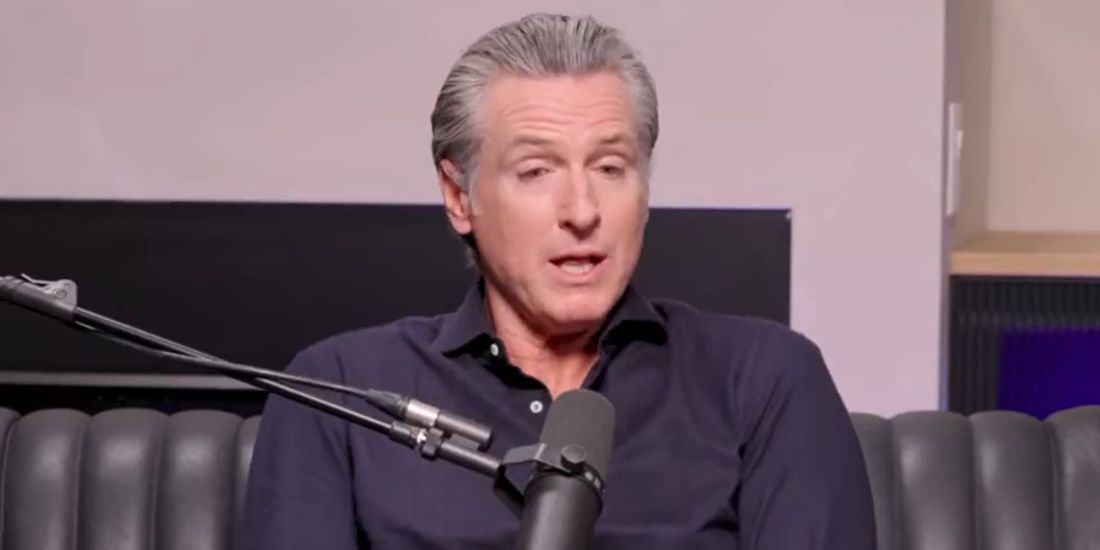The Supreme Court overturned a 1st Circuit Court ruling on Monday in a unanimous (9-0) decision, ruling that police violated the Fourth Amendment by illegally seizing firearms in the case of Caniglia v Strom.
Supreme Court Justice Clarence Thomas, who wrote the opinion, said the ruling was based on the following: "Neither the holding nor logic of Cady," he wrote, referencing a 1973 Supreme Court case, "justifies such warrantless searches and seizures in the home. Cady held that a warrantless search of an impounded vehicle for an unsecured firearm did not violate the Fourth Amendment. In reaching this conclusion, the Court noted that the officers who patrol the 'public highways' are often called to discharge noncriminal 'community caretaking functions,' such as responding to disabled vehicles or investigating accidents."
"But searches of vehicles and homes are constitutionally different, as the Cady opinion repeatedly stressed. The very core of the Fourth Amendment's guarantee is the right of a person to retreat into his or her home and "there be free from unreasonable governmental intrusion," Thomas continued.
"A recognition of the existence of 'community caretaking' tasks, like rendering aid to motorists in disabled vehicles, is not an open-ended license to perform them anywhere," Justice Clarence Thomas added.
In 2015, Edward and Kim Caniglia—husband and wife—had an hour long argument in their Rhode Island kitchen after the couple argued over a joke Edward made, that Caniglia clearly did not find funny. The argument escalated and Edward went into his bedroom and grabbed an unloaded gun.
Edward put the gun on the kitchen table in front of his wife and said "Why don’t you just shoot me and get me out of my misery?" Forbes reports that Edward thought this gesture would cool things down.
It did not cool things down. Kim Caniglia left home to "cool-of"' and when she tried phoning home, Edward did not answer. With concern over what he had said and his behavior that evening, she called the local Cranston Police Department and asked them to perform a "wellness-check." She also asked them to escort her home.
Cranston officers did so. Upon arrival, they spoke with Edward. According to an incident report, they assessed that he "seemed normal," "was calm for the most part," and even said "he would never commit suicide."
Officers took him to the hospital to seek further psychiatric evaluation. This was on the condition that officers would not confiscate his firearms if he agreed to go to the hospital. Edward agreed to go under these terms, but the officers took his guns anyway.
According to the case, none of the officers asked Edward questions regarding his risk of suicide, risk of violence, or prior misuse of firearms. Officers later admitted they "did not consult any specific psychological or psychiatric criteria" or medical professionals for his decisions that day.
The Cranston PD officers allegedly lied to Kim in telling her that Edward gave verbal consent they could take his weapons. Kim assented and turned them over. Edward had to then file a civil rights suit to get his property back, after spending virtually no time in the hospital at all.
In that case, the officers argued their actions were a form of "community caretaking," a narrow exception to the Fourth Amendment's warrant requirement. After hearing the argument of the civil rights lawsuit, courts upheld the seizures as "reasonable" under the community caretaking exception.
In deciding Caniglia's case, the First Circuit US Court of Appeals acknowledged that "the doctrine’s reach outside the motor vehicle context is ill-defined." The court chose to extend that doctrine to cover private homes, ruling that the officers "did not exceed the proper province of their community caretaking responsibilities."
The First Circuit indicated that a police officer "must act as a master of all emergencies, who is 'expected to…provide an infinite variety of services to preserve and protect community safety.'"
The community caretaking exception is "designed to give police elbow room to take appropriate action," the court added.
"Extending the community caretaking exception to homes would be anathema to the Fourth Amendment" because it "would grant police a blank check to intrude upon the home," argued Caniglia's attorneys to the High Court in an opening statement.
Although the 1st Circuit Court ruled against Caniglia citing law enforcement officers acted within their means because of the “community caretaking exception," the Supreme Court found the previous ruling directly impeded on the Fourth Amendment.
Join and support independent free thinkers!
We’re independent and can’t be cancelled. The establishment media is increasingly dedicated to divisive cancel culture, corporate wokeism, and political correctness, all while covering up corruption from the corridors of power. The need for fact-based journalism and thoughtful analysis has never been greater. When you support The Post Millennial, you support freedom of the press at a time when it's under direct attack. Join the ranks of independent, free thinkers by supporting us today for as little as $1.
Remind me next month
To find out what personal data we collect and how we use it, please visit our Privacy Policy








